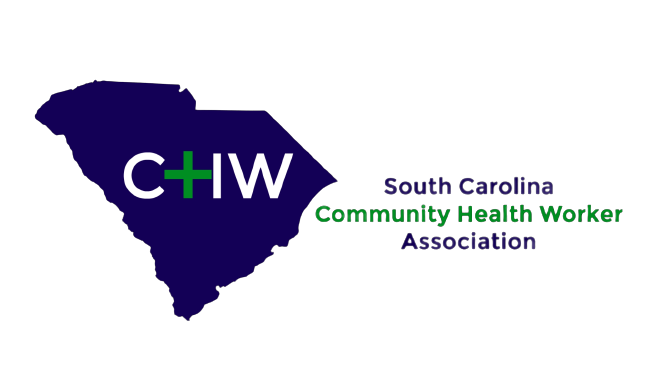Empowering Community Health Workers: The Unsung Heroes Transforming Healthcare
Empowering Community Health Workers: The Unsung Heroes Transforming Healthcare
They work in neighborhood clinics, community-based organizations, churches, housing facilities, and schools, or engage by phone or video calls. Their approach is based on local context and guided by culturally sensitive, person-centered strategies.
The saying “not all heroes wear capes” is certainly true with community health workers. A community health worker (CHW) is a frontline public health worker with lived experience and local knowledge, making them especially effective at helping individuals through health education, care navigation, individual advocacy, and resource linking. Often, they work in neighborhood clinics, community-based organizations, churches, housing facilities, and schools, or engage by phone or video calls. Above all else, they build trust, understand the needs and interests of clients, and help them overcome social determinants of health (SDoH) challenges — housing, food access, transportation, etc. — often experienced by underserved communities. Their approach is most importantly based on local context and guided by culturally sensitive, person-centered strategies.
Challenges in recognition and reimbursement: Navigating systemic barriers
CHWs go by many names — care navigators, health advocates, promotores, and community health representatives — and often don’t have advanced degrees or clinical licensures. In addition, CHW certification or other credentialing standards, which other providers like physicians, nurses, or social workers have, are regulated at the state level or are sometimes optional. Despite their invaluable contributions to health and well-being, CHWs have historically not been recognized and fairly compensated by the healthcare ecosystem, while also facing systemic barriers to integrating into the healthcare ecosystem.
Consequently, organizations employing CHWs have had to navigate precarious funding streams, relying on public health contracts, philanthropic grants, and donations to sustain their programs. This reliance on “soft funding” not only undermines the stability of CHW initiatives but also hampers their ability to effect lasting change within communities.
To read the rest of this article Click Here.
